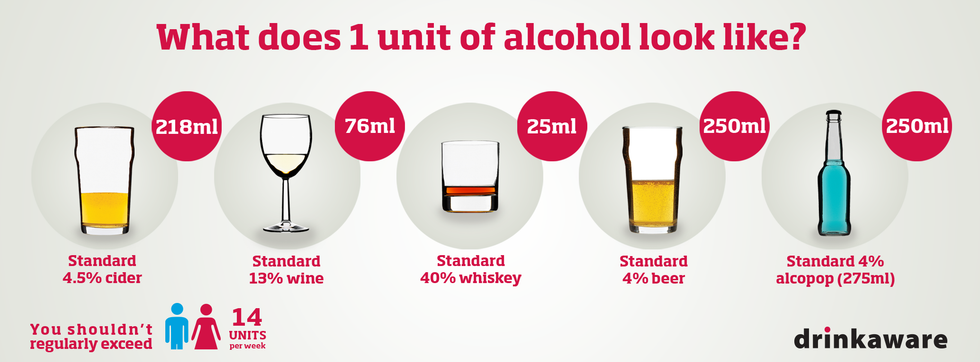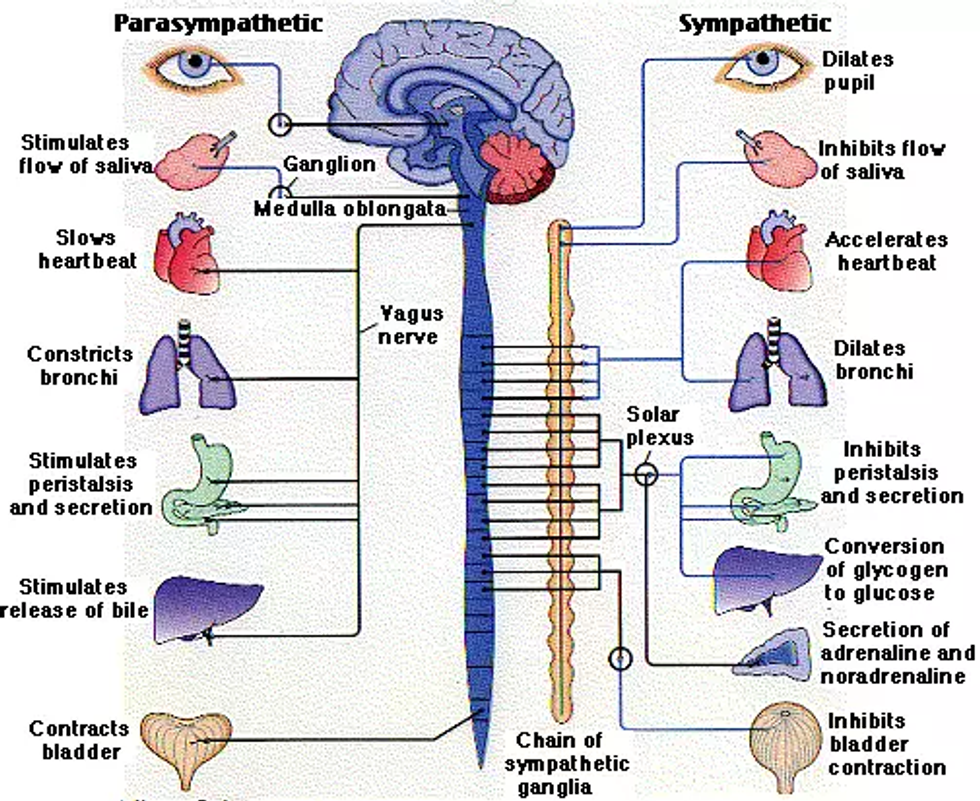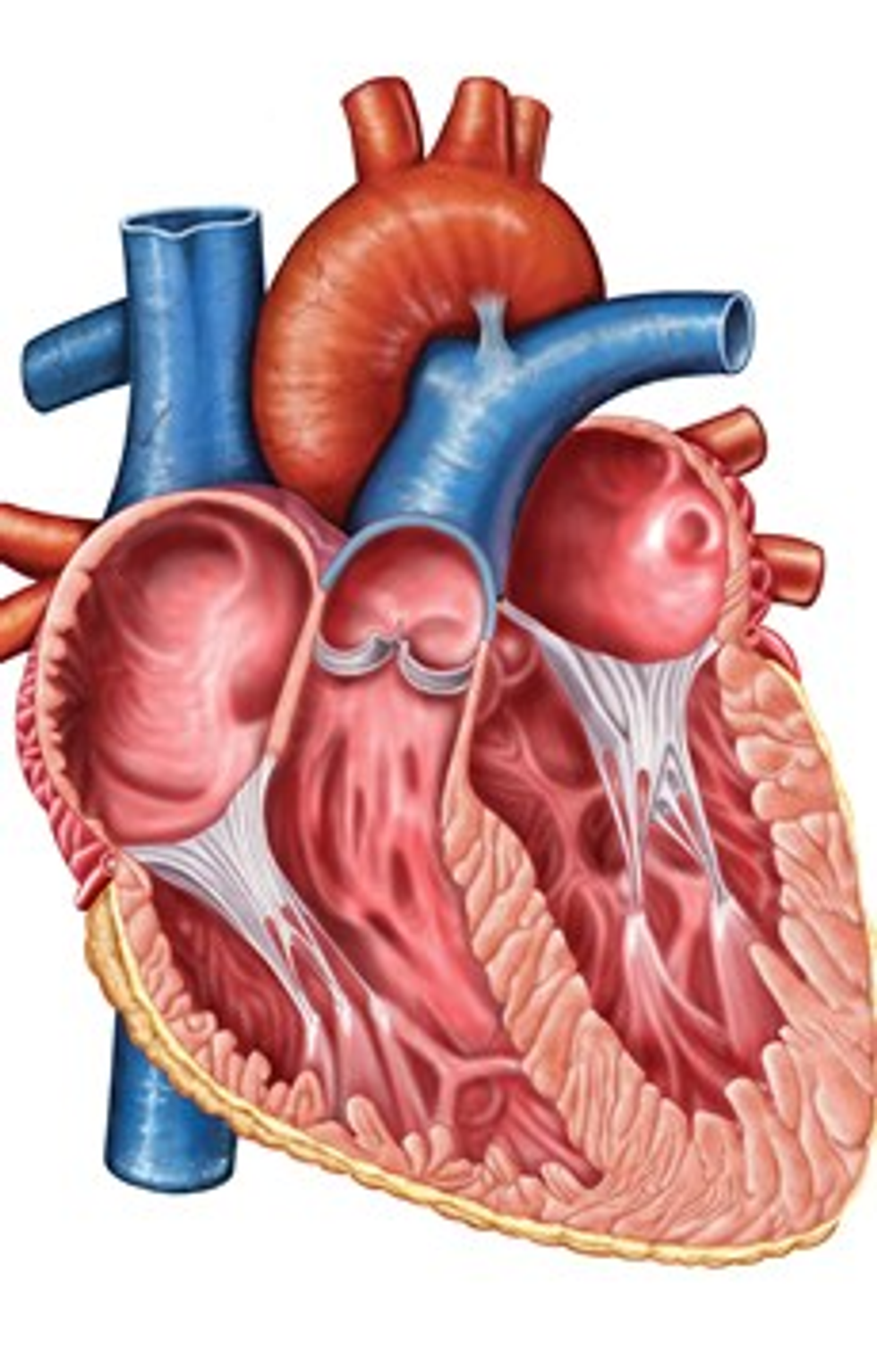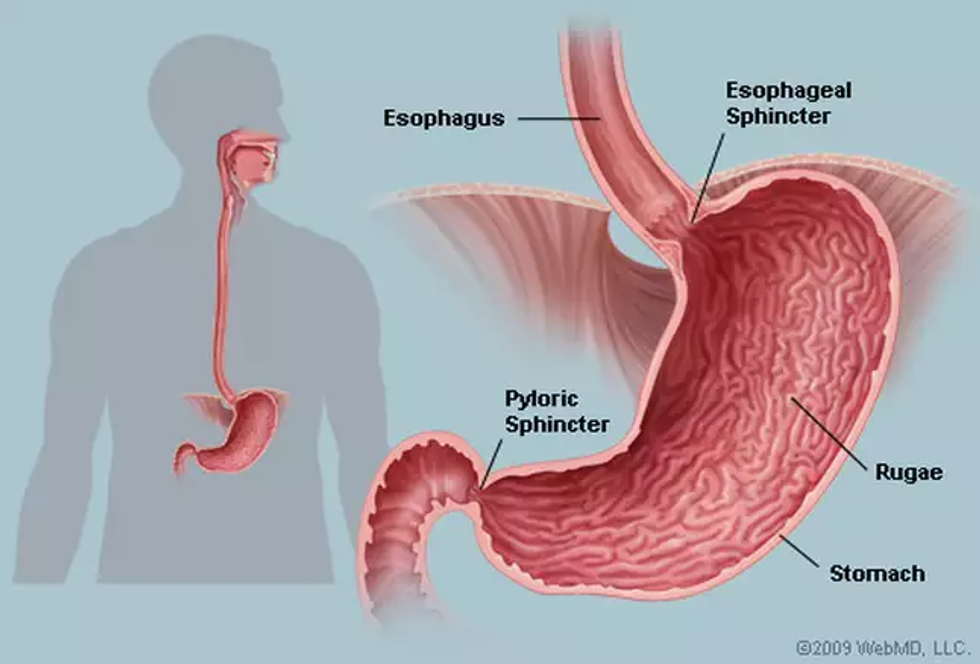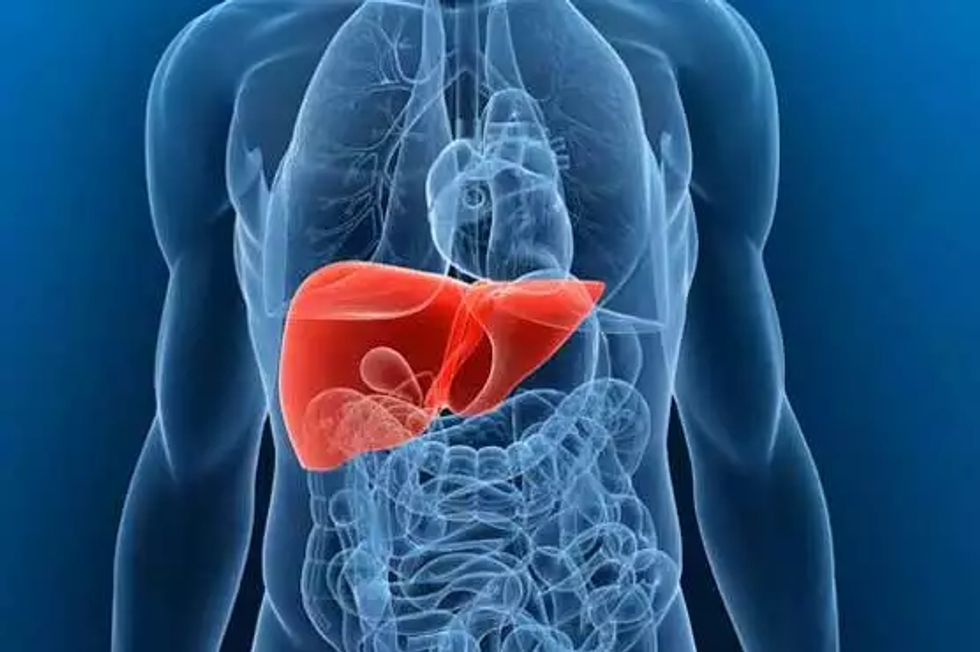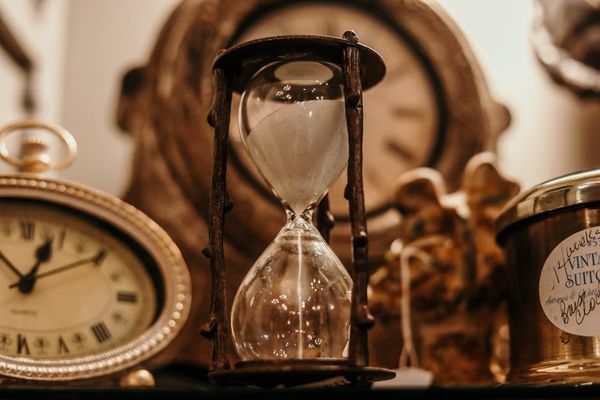P A R T Y!!! For most of us just hearing that one word incites us to get ready for a night of binge drinking, which has become so much a part of our culture that most of us never even think to question it. Who doesn’t want to party like a rock star? However, parties and social drinking are at an all-time high, especially among young adults and the habit usually begins in college. Doesn’t sound like a problem, does it? Well, while it has been proven that moderate drinking, such as one glass of red wine per day, can actually have health benefits, the rest of the time, it is advisable to abstain. Why, you ask? Because of the consequences which unfortunately, are quite substantial. Do you have any idea what binge drinking does to your body? Besides that nasty hangover you get the next day, you could actually be causing a lot more harm than its worth for that one evening of "fun".
Did you know that binge drinking is generally defined as having as little as six to eight units of alcohol in a single sitting? Check out the chart below to see how much a unit of alcohol really is. I bet you'll be surprised. While you're looking at this chart, also keep in mind it takes the average adult at least one hour to process one unit of alcohol.
The percentages above are based on ABV, or alcohol by volume which is listed on all alcoholic beverages. Remember that some bottles have more ABV than others and will take more or less to equal a unit so you should adjust accordingly.
Now let's take a look at what actually happens when we drink by breaking it down a bit.
Your Brain: Besides the obvious impairments alcohol causes, stumbling, slurred speech, blurred vision, there is also a chemical process going on in your brain that binging, even just once, causes that can have long lasting results. Alcohol disrupts the balance of neurotransmitters in your brain which trigger mood and behavioral changes, depression, agitation, memory loss, seizures and in high enough amounts, may even cause death. There are also psychological changes as well which is why a small amount of alcohol may cause a temporary 'high' feeling of happiness or euphoria, but larger amounts will cause a 'down' feeling. We have all seen (or been!) that sappy, sobbing drunk at the party. Ever wonder why? Alcohol is a known depressant and prohibits the uptake of serotonin in the brain thus leaving you depressed, and lonely, even in a crowded room full of people. It's not a pretty sight no matter how 'funny' we think a person is acting.
Your Heart: Binge drinking, as well as long term drinking, weakens your heart muscles which leads to arrhythmia or irregular heartbeat which can cause sudden death. If this isn't bad enough, in addition, long-term binging also causes 'alcoholic cardiomyopathy'. A term used for when the heart muscle weakens and stretches out and can no longer contract correctly which results in not enough blood being circulated to nourish your organs. This blood flow shortage causes severe damage to organs and tissues throughout the body. Symptoms can include breathing difficulties such as shortness of breath, fatigue, swollen legs and feet, and irregular heartbeat. All of which can lead to heart failure.
Your Stomach: Just one night of binge drinking can cause bacteria to leak from your stomach into your blood stream causing a buildup of endotoxins in the body. Women are particularly susceptible to this phenomena, but there is a significant increase in men as well. In chronic binge drinkers, this bacteria causes a breakdown of muscle tissue including your major organs such as the liver and the brain, but the process begins after just one time! This is also why you feel aches and pains the next day. These endotoxins also affect your immune system, meaning you are more susceptible to colds, flu and the effects of allergies.
Your Liver: Besides the damage we all know happens to the liver when drinking, there are other factors to consider. Did you know that the liver stops making glucose and begins trying to filter or clear the body of excess alcohol as soon as that first drink? It's true. Unfortunately, this results in hypoglycemia, or low blood sugar which in turn, causes sugar cravings. If after a night of binging you find yourself craving high carb foods and sweets, this is why. It is also why you may feel better after consuming these items the next day. Your body has been depleted of natural glucose and carb loading temporarily 'fixes' this situation. However, it can also lead to a 'crash' when the high wears off. With a continued cycle of binge drinking and eating high sugar content foods, you can develop Diabetes as well as other related problems. Unfortunately it doesn’t end there. When your liver becomes compromised, it can no longer filter out the poisonous toxins alcohol creates that are invading it. These toxins begin leaking into the blood stream and quickly begin to damage brain cells. Enough alcohol, can cause a serious and potentially fatal brain disorder known as hepatic encephalopathy which comes with its own set of problems including:
•Sleep disturbances
•Mood and personality changes
•Anxiety
•Depression
•Shortened attention span
•Coordination problems, including hand shaking or flapping
•Coma
•Death
Can you see how all of these things work in conjunction? From your brain, heart, stomach back to the brain…a vicious cycle. Consider carefully what happens to your body the next time you hear that word party. Is it really worth the problems and pain it will cause you not only now, but down the road?


